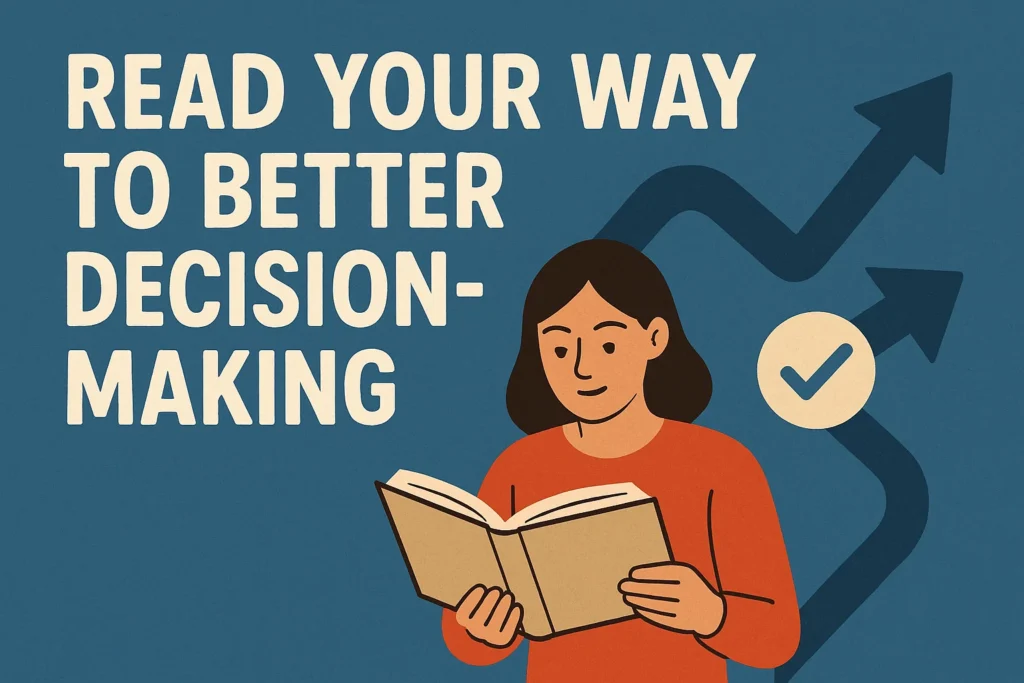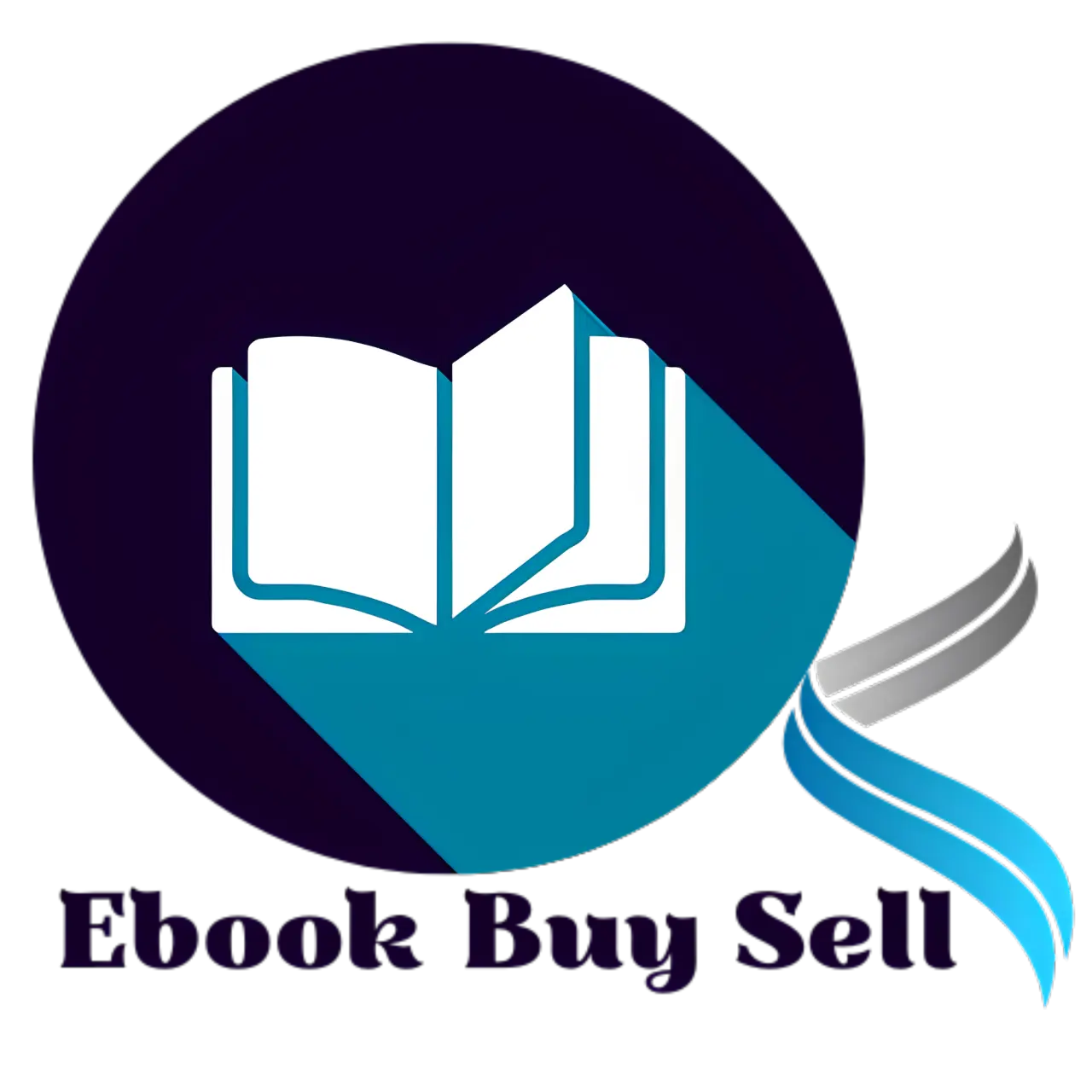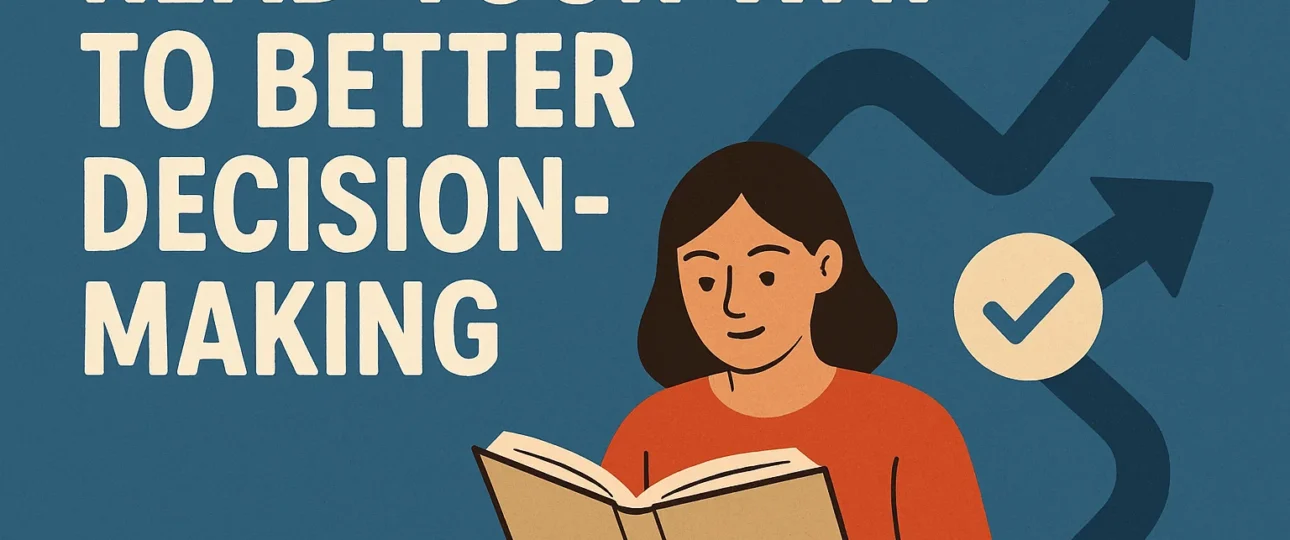In a world overflowing with choices and constant decision-making—what to eat, which career path to take, how to handle a relationship issue, or which investment to make—the ability to make informed and effective decisions has never been more crucial. Surprisingly, one of the most powerful tools for enhancing this essential skill is something simple and accessible: reading. Yes, you can read your way to better decision-making.
Whether you’re a student, professional, entrepreneur, or stay-at-home parent, developing sound decision-making skills can significantly improve your personal and professional life. In this article, we’ll explore how reading regularly enhances critical thinking, emotional intelligence, and knowledge—all of which are the building blocks of better decisions.
The Science Behind Reading and Decision-Making
Studies in cognitive psychology and neuroscience show that reading stimulates multiple areas of the brain responsible for comprehension, empathy, focus, and reasoning. When you read, especially non-fiction, biographies, self-help, or even complex fiction, you engage with diverse perspectives and scenarios. This exercise strengthens neural pathways, improves memory retention, and sharpens analytical thinking.
Cognitive Benefits of Reading:
- Enhanced critical thinking: Books challenge your existing beliefs and require you to assess, compare, and evaluate different viewpoints.
- Improved emotional regulation: Reading about others’ experiences helps you understand emotions better, contributing to emotionally intelligent decisions.
- Greater focus and concentration: Regular readers tend to have stronger attention spans, which is key to evaluating long-term consequences.
These improvements are essential for decision-making in both high-pressure and everyday situations.

Why You Should Read Your Way to Better Decision-Making
1. Books Offer a Wealth of Experience
Reading books—especially biographies, case studies, and personal development works—provides a front-row seat to the decision-making journeys of successful individuals. Whether it’s Warren Buffet’s investing decisions, Steve Jobs’ product innovations, or Nelson Mandela’s political strategies, books give you insights that would take years to learn firsthand.
When you read your way to better decision-making, you effectively “borrow” the wisdom of others. This shortcut allows you to learn from others’ mistakes and successes without experiencing the cost of those decisions yourself.
2. Reading Improves Pattern Recognition
Humans are pattern-recognition machines. The more patterns you’re exposed to, the better you become at predicting outcomes. Reading, especially across genres and disciplines, helps you recognize these patterns in behavior, economics, politics, and human psychology.
This cognitive muscle is vital when making decisions under uncertainty. Whether you’re negotiating a deal or choosing a career path, pattern recognition gives you an edge in predicting likely outcomes and avoiding poor choices.
3. Reading Expands Perspective and Reduces Bias
We often make decisions based on incomplete information or unconscious biases. Reading challenges these biases by introducing diverse viewpoints. For instance, reading a memoir written by someone from a different culture or background can widen your worldview and reduce the chance of narrow-minded thinking.
Books also foster empathy, which is critical in decisions involving others—be it leadership, parenting, or partnerships. By learning to see things from multiple angles, you make more balanced and compassionate choices.
Types of Books That Sharpen Decision-Making Skills
Not all books impact your thinking in the same way. Here’s a breakdown of book genres and how they help you read your way to better decision-making:
1. Self-Help and Personal Development
Books like Thinking, Fast and Slow by Daniel Kahneman, Atomic Habits by James Clear, and The Power of Now by Eckhart Tolle help readers build discipline, mindfulness, and awareness—key components for sound decision-making.
2. Biographies and Memoirs
Reading about real-life journeys of people like Michelle Obama, Elon Musk, or Benjamin Franklin provides practical examples of strategic thinking and tough decision-making under pressure.
3. Business and Strategy Books
Works such as Good to Great by Jim Collins or Blue Ocean Strategy by W. Chan Kim and Renée Mauborgne teach strategic frameworks that are applicable in both business and life choices.
4. Fiction That Challenges Morality and Ethics
Literary fiction like To Kill a Mockingbird by Harper Lee or 1984 by George Orwell sharpens ethical reasoning and moral judgment—essential tools in making just and humane decisions.
Practical Tips to Read Your Way to Better Decision-Making
If you want to make reading a decision-enhancing habit, here are some actionable strategies:
1. Set a Reading Goal
Start small—say, 10 pages a day or one book a month. Gradually increase your reading time as it becomes a routine.
2. Curate a Reading List
Focus on books that are known to enhance reasoning, judgment, and critical thinking. Follow book blogs, podcasts, or curated lists on platforms like Goodreads.
3. Take Notes and Reflect
Jot down key insights or quotes. Reflect on how the lessons from the book can apply to your current life situation.
4. Apply What You Learn
Reading alone won’t help unless you apply the knowledge. Whether it’s a decision matrix, mindfulness practice, or negotiation tactic—implement what you learn in real-life scenarios.
5. Discuss Books with Others
Join a book club or engage in discussions. This social element not only reinforces your understanding but also exposes you to how others interpret the same content.
Real-Life Examples: How Reading Leads to Better Decisions
Example 1: A Manager Facing Burnout
A mid-level manager overwhelmed by responsibilities reads Essentialism by Greg McKeown and learns the power of saying no. By applying this principle, they restructure their workflow, prioritize essential tasks, and improve both team morale and productivity.
Example 2: A Teen Deciding on a Career
A high school student unsure about their future reads Grit by Angela Duckworth. Inspired by stories of perseverance and passion, they choose to pursue a challenging but fulfilling path in science.
Example 3: An Entrepreneur Avoiding Risky Investments
After reading The Intelligent Investor by Benjamin Graham, a startup founder avoids a high-risk venture. Instead, they focus on sustainable growth, eventually achieving long-term success.
These stories prove that when you read your way to better decision-making, you are equipping yourself with tools that pay off for life.
Read, Reflect, Decide
In a fast-paced world, quick decisions often lead to regret. Reading helps you pause, reflect, and make thoughtful choices. It nurtures your inner compass and enhances your cognitive toolkit for navigating life’s complexities.
When you read your way to better decision-making, you’re not just consuming information—you’re building a mindset. A mindset that is curious, analytical, empathetic, and wise.
So, pick up that book. With every page, you’re not just reading—you’re preparing for smarter, wiser, and more confident decisions.
Read More 5 Books That Inspired My Self-Improvement Journey
See More Living Green: A Complete Guide to Sustainable Living


1 Comment
[…] Read More Read Your Way to Better Decision-Making […]